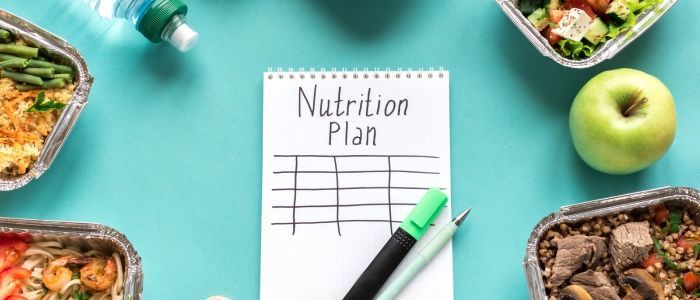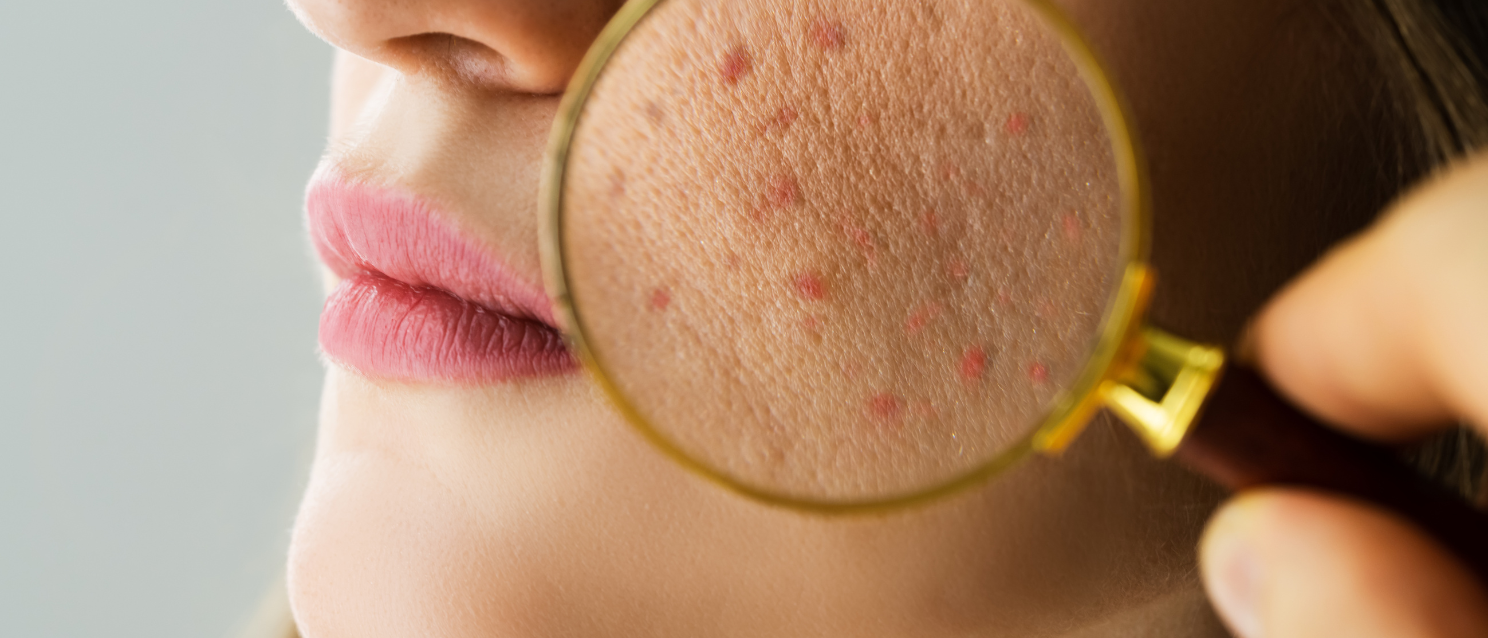What to eat when trying to conceive

Although there is plenty of advice out there about what to eat when trying to conceive, many women can feel pressured to take a whole range of supplements, or feel stressed that their diet may not be good enough to support a healthy pregnancy.
Nutrition plays a crucial role in a woman's ability to conceive and support a healthy pregnancy, but stressing about it can have the opposite effect!
To clear it up, and help you feel more confident in your diet choices during pre-conception, I have listed below some of the key points to consider for women who are trying to conceive around their diet and nutrition as well as a list of the most important nutrients during pre-conception that will help to support a healthy pregnancy.
Vitamin and mineral deficiency pre-conception
If you think you might have specific nutrient deficiencies, then we should definitely identify these and address them with proper supplementation. Our clinic also offers IV vitamins and minerals to quickly resolve issues like iron deficiency, for example.
Key nutrients when trying to conceive
I’ve listed below the key nutrients your body requires to support conception and pregnancy, together with the best food sources of these nutrients, so you can consider what you are already regularly eating, what you could easily add to your diet and not feel that you need pills and supplements for everything!
Folate or Folic Acid:
Folate is the naturally occurring form of this B-vitamin, while folic acid is the synthetic form found in supplements and fortified foods. This B-vitamin is essential for early foetal development and can help prevent neural tube defects. You can take a daily folic acid supplement or simply consume foods rich in folate, such as leafy green vegetables, legumes and even citrus which contain smaller amounts of folate but the vitamin C content in foods like oranges, mandarins and lemons helps the body absorb folate.
Iron:
Iron is well known for its role in preventing anaemia and if you have heavy periods or often feel fatigued and run down, iron deficiency can often be the reason. Iron is also important for supporting the increased blood volume during pregnancy. Good sources of iron include red meats, poultry, fish with plant-based sources of iron coming from legumes, tofu and tempeh, nuts and seeds plus green leafy vegetables.
Calcium:
Calcium is vital for maintaining strong bones and teeth and when you’re preparing to grow a human having a good store of calcium in your body is important! Dairy products, fortified plant-based milks, and leafy greens like kale and broccoli are all good sources of calcium.
Omega-3 Fatty Acids:
Omega-3 fatty acids, particularly DHA (docosahexaenoic acid), are important for brain and eye development in a growing baby. Fatty fish like salmon and trout, walnuts, flaxseeds and chia seeds are good sources of Omega-3.
Protein:
Having enough protein in your diet is essential for tissue repair and growth, that’s why body builders and gym junkies are so obsessed! Sources of protein include lean meats, poultry, fish, eggs, dairy products, legumes, tofu and tempeh, and nuts.
Vitamin D:
Vitamin D is important for calcium absorption and bone health and it’s one of the nutrients that Australians are most deficient in - which is hard to believe given it is obtained through sun exposure!
Vitamin C:
This antioxidant vitamin helps with the absorption of non-heme iron from plant-based sources. Good sources include citrus fruits, strawberries, and capsicums!
Zinc:
Zinc is a mineral that is required for fertility and healthy foetal development. It can be found in lean meats, poultry, seafood, eggs, nuts, and whole grains.
B Vitamins:
In addition to folic acid, other B vitamins like B6 and B12 play a role in reproductive health. They are found in a variety of foods, meat, fish, and dairy products.
Iodine:
Iodine is essential for proper thyroid function and brain development in the baby. Seafood, dairy products and eggs can contain iodine, but iodised salt is a guaranteed source of iodine.
Choline:
Choline is another nutrient that is important for brain development, and it can be absorbed from eggs, lean meat, and fish.
Antioxidants:
Antioxidants, such as vitamin E and selenium, help protect eggs and sperm from free radical damage. Good sources of antioxidants include berries, green leafy vegetables, nuts and seeds, spices like turmeric and cinnamon and even dark chocolate!
When to get help with your preconception planning
It's important to maintain a healthy diet with a variety of different foods to ensure you're getting all the necessary nutrients needed to optimise your fertility and support a new pregnancy. If you're planning to conceive soon it's a good idea to have a consultation with a Naturopath to assess your specific lifestyle and dietary factors as they may relate to your fertility and help you to prepare for pregnancy.
Why book with Randa?
Randa works together with her clients to prepare them for their fertility journey, assisting them in eliminating causes of infertility or other health issues and supporting them during their pregnancy physically and emotionally. She has great success in Postnatal Healthcare, breast feeding and milk production support.
Randa Majrouh
B.Sc. Comp. Med. , ND. Naturopath. Member of the Australian Natural Therapy Association (ANTA) and a registered Practitioner of AHPRA.








